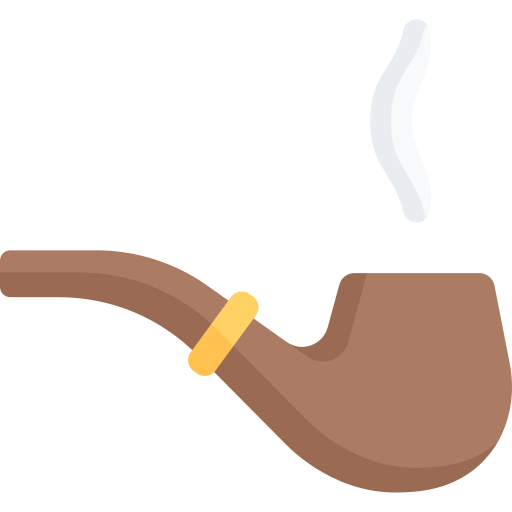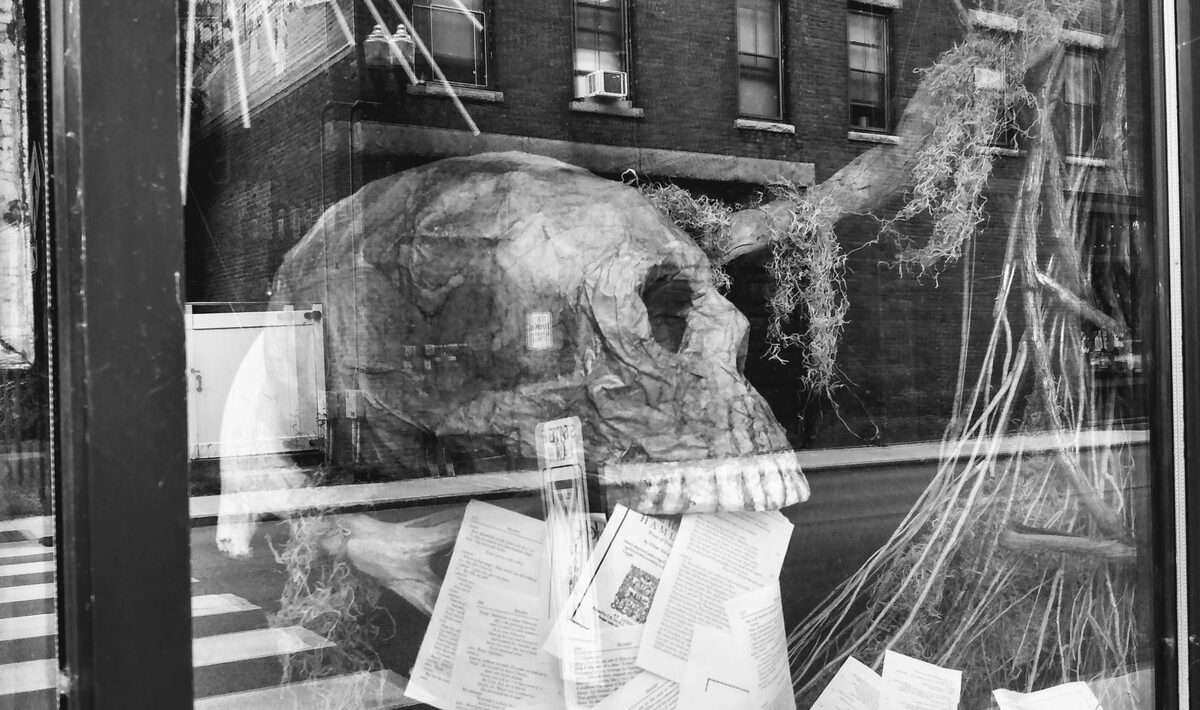CM57-75, cues; MM39; special use of trumpets: first use in Acts iv and v. SM19: In this and in Richard II for the first time the four ‘worlds’ of Shakespeare music meet and blend – the camp, the Court, the Church and the tavern. Cf G7 xx 192 On Glendower’s musicians
| act | scene | line | Click here to find out more about suggested song | |
| I | iii | 1 | `[I pray you…sing, or express yourself in a more comfortable sort] | |
| I | ii | 73-6 | [I am as melancholy as a gibcat, or a lugged bear./ Or an old lion, or a lover’s lute./ Yea, or the drone of a Lincolnshire bagpipe.] | |
| II | ii | 44-5 | [I have not ballads made on you all and sung to filthy tunes] | |
| v | 5 | [I have sounded the very bass string of humility] | ||
| 16 | […they cry ‘Hem!’…] | |||
| 132-3 | [I would I were a weaver–I could sing psalms or anything] | |||
| 492-3 | [Heigh, heigh, the devil rides upon a fiddlestick!] | |||
| III | i | 119-126 | [I was trained up in the English court, Where, being but young, I framèd to the harp Many an English ditty lovely well, And gave the tongue a helpful ornament…/… I had rather be a kitten, and cry ‘mew’ Than one of these same metre ballad-mongers] | |
| 193 | Glyndwr speaks to her in Welsh, and she answers him in the same | |||
| 199 | The lady…speaks again in Welsh | |||
| 203-6 | [thy tongue, Makes Welsh as sweet as ditties highly penned, Sung by a fair queen in a summer’s bower With ravishing *division, to her lute]. | |||
| 207 | The lady…speaks again in Welsh | |||
| 211-222 | [she will sing the song that pleaseth you, And on your eyelids crown the god of sleep,… As is the difference ’twixt wake and sleep…/ With all my heart, I’ll sit and hear her sing:… / Do so, and those musicians that shall play to you Hang in the air a thousand leagues from hence, And straight they shall be here. Sit and attend]. | |||
| 225 | The music plays LH77: i.e. not visible; consort à 2-3 | 51 | ||
| a) LH77; broken consort The Welsh almaine: (CH); orig. lute piece LSoc C 18:4 ۞Ke 12; HOLBORNE [J 17a] cittern HC39a | ||||
| b) ۞Dart BULL attrib. ‘Welch daunce’ kMB ixx 107; K + b-v SA395; rS + k MG4 | ||||
| c) N 15b 1580 ‘All into service…Ding…dong, bell’ round à 3 collected by Thomas Lant. (Ms in GB-Ckc) VA7/ Rp4/ SD7/ Mo-S p.182 ii. | ||||
| d) another canon, Rp12 à 3, sets the same words] | ||||
| 226-240 | [Now I perceive the devil understands Welsh…By’r lady, he’s a good musician./ Then should you be nothing but musical, For you are all together governed by humours. Lie still, ye thief, and hear the lady sing in Welsh./ I had rather hear Lady my brach howl in Irish…Peace; she sings] | |||
| Here the lady sings a Welsh song blank song | 52 | |||
| B243-4 with lute acct. (guitar/ dulcimer); cf. ME 152 on the spirit of the song | ||||
| a) CM73:-75 c1640: Welsh dance-song melody, ‘Cavililly Man’ with trad. text ‘Rown in rhodio mynwent eglys’ adapted for voice + rSATB + g/k; as dance tune (from Playford English Dancing Master, 4th ed., 1670)/ Eb 198/ RE 15 iv/SB57; cf especially ME152 for context. | ||||
| b) LH80: c1560 Mulliner Book 13 ‘La Bounette’ to which a traditional Welsh text ‘Er bad rhai-yn taer un galed Armyd y na’ is adapted. Voice + consort kMB i (f15v) 13/ MB1a 1/ MB1s; rA + g MB1d 8; à 4: rSATB / viols MB 1f; rS/T + g RD21; bagpipe, shawm & curtals ۞Gt29; cornett, basset recorder, sa, b-curtal ۞YM7 | ||||
| c) N 15b ‘All into service’ à 3 | (51c) | |||
| 241-254 | [Come, Kate, I’ll have your song too…/ Not mine, in good sooth…/ Come, sing./ I will not sing]. | |||
| iii | 12-13 | [Come, sing me a bawdy song, make me merry.] | ||
| 87 | Enter…marching; …Oldcastle meets them, playing upon his truncheon like a fife | 53 | ||
| (B243) Carman’s whistle N188 | (60) | |||
| IV | iii | 31 | The trumpet sounds a parley {within}. | |
| V | i | 8 | The trumpet sounds {a parley wthin}. | |
| ii | 97-8 | [Sound all the lofty instruments of war, And by that music let us all embrace] | ||
| 100 | The trumpets sound. | |||
| iii | 0; 29 | Alarum, and exeunt to the battle; Alarum | ||
| iv | 0, 162 | Alarum. Excursions; [A retreat is sounded] | ||
| v | 0 | The trumpets sound LH250, 271 ‘Le simple Cavalcot cantus pomposus’ | 54 (105a) |


Ako sa hudobné motívy využívajú na podporu dramatiky v hre Henry IV, Part 1 ?
V hre Henry IV, Part 1 sa hudobné motívy využívajú na zvýraznenie emocionálnych a dramatických momentov, čím sa posilňuje atmosféra a posúva dej. Hudba zohráva kľúčovú úlohu v podpore charakterov a ich interakcií, pričom sa používajú špecifické nástroje a skladby na vytvorenie konkrétnej atmosféry v rôznych scénach.
Je autentické používanie pôvodnej hudby v moderných inscenáciách Shakespearových hier, alebo by sme mali uprednostniť moderné interpretácie?
Toto je subjektívna otázka, ktorá závisí od cieľov inscenácie a očakávaní publika. Autentická hudba môže poskytnúť historicky presnejší zážitok, zatiaľ čo moderná hudba môže prilákať novšie publikum a osviežiť klasické dielo. Obidva prístupy majú svoje výhody a nevýhody.
Aký vplyv má hudobná interpretácia na percepciu Shakespearových postáv a ich motívov?